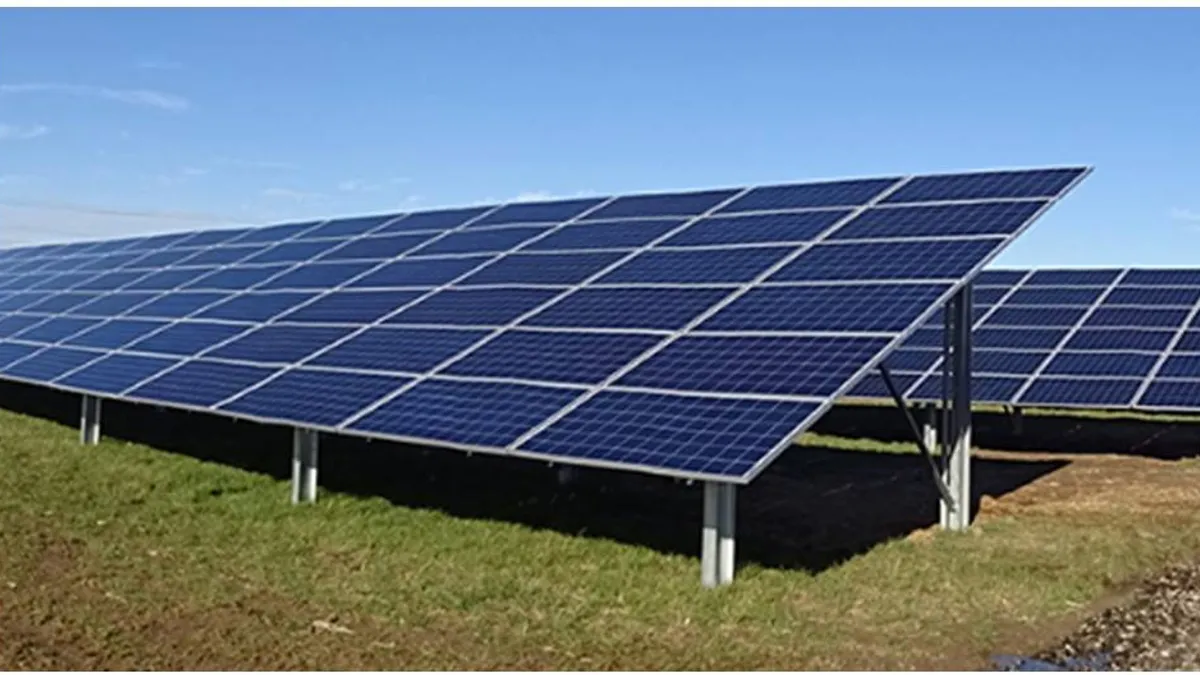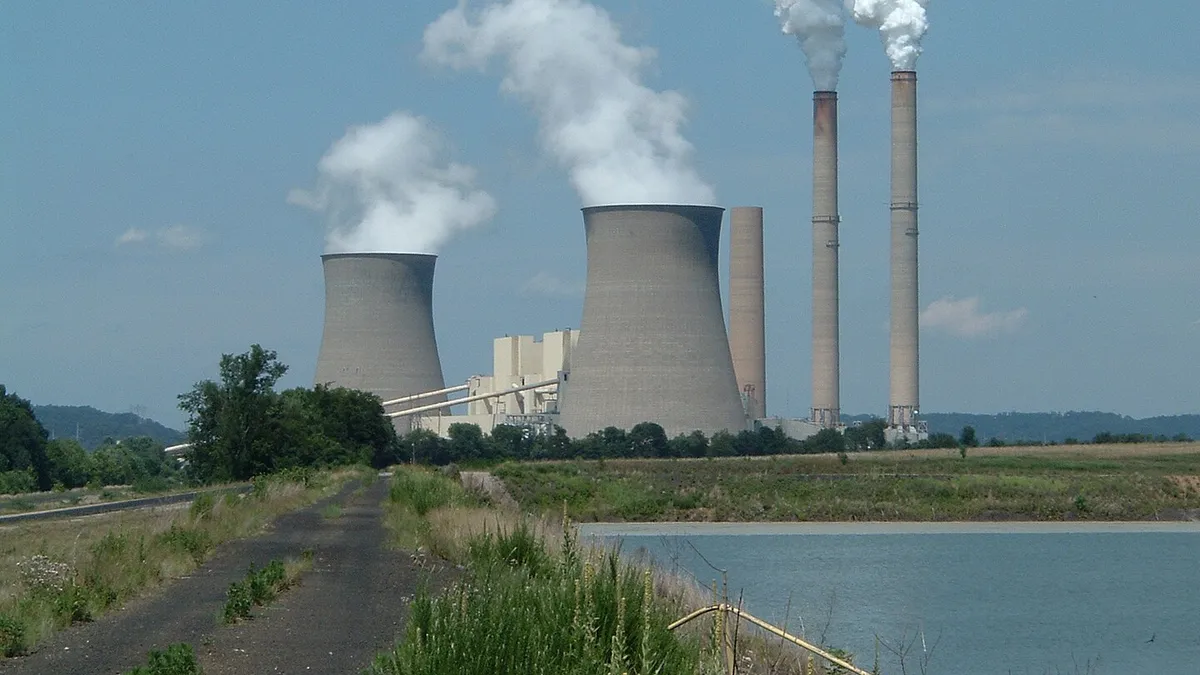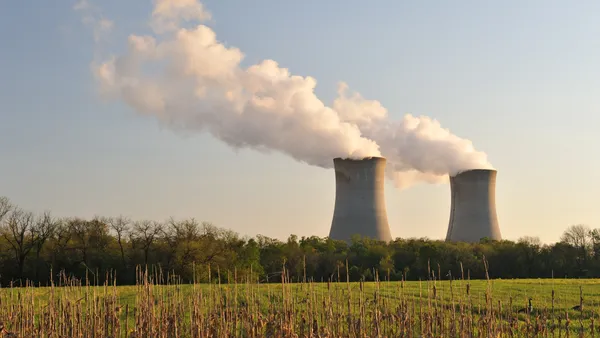Dive Brief:
-
Cypress Creek Renewables plans to develop a series of solar-plus-storage projects with the Brunswick Electric Membership Corp. in North Carolina.
-
Cypress Creek says it plans to develop 12 separate projects with a combined storage capacity of 12 MWh. The projects were slated to begin construction in June and be online by October 2017.
-
The contracts will benefit from a new power purchase agreement structure that allows the co-op to purchase solar energy "at avoided cost" while still benefiting from the capacity capabilities of the batteries, the companies said.
Dive Insight:
Cypress Creek Renewables acquired the projects from United Renewable Energy LLC and provided late stage project development, financing and construction.
United Renewable Energy developed the project structure and power purchase agreements with Brunswick EMC, allowing the cooperative to purchase the solar at avoided cost and still receive benefits from the battery facilities.
The battery technology and vendor have not been specified, but the companies say the facilities will charge from the solar panels during off-peak periods, allowing the solar to feed directly into the grid once the batteries are fully charged.
During subsequent peak loads, a combination of solar and batteries will be used to reduce the cooperative’s peak power demand.
“These projects provide low-cost solar energy to our members, and compound the value by delivering it exactly when we need it,” Don Hughes, CEO of Brunswick EMC, said in a statement.
While Cypress Creek and Brunswick tout the terms of their PPA, terms of future solar projects in North Carolina are in question. Last week the state legislature passed a bill that would reform North Carolina's interpretation of the Public Utility Regulatory Policy Act, which allows renewable energy facilities to sell to utilities at their avoided cost rate and has helped the state grow into the second-largest U.S. solar market.
The passed bill would set a competitive bidding process for solar facilities, but last-minute changes to the bill, including an 18-month wind moratorium, have riled clean energy advocates.













